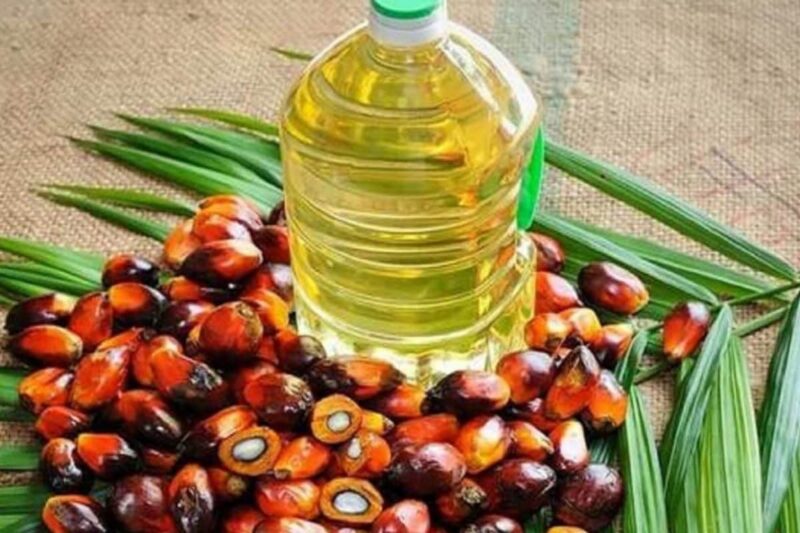The price of branded palm oil, sunflower, and soybean oil has been reduced to RS 15 per liter because international prices have softened. Palm oil has experienced a decrease in prices of RS 7-8 per liter, and sunflower oil rates have dropped RS 10-15 per liter. The price of soybean oil has dropped RS 5 per liter, according to media reports.
The price decline has encouraged distributors to store because demand is expected to increase. The decrease in edible oil prices will also have an impact on food inflation, mostly derived from edible oil. The category of oil and fat that can be eaten seeing 13.26 percent of inflation in May, mostly contributed by the surge in domestic oil prices that can be eaten in the past year, “according to ET’s report quoting Sudhakar Rao Desai, President of the Indian Vegetable Oil Producers Association.
It was said by Gemini Edibles & Fats, a company based in Hyderabad, has cut the maximum retail price (MRP) from Freedom Sunflower Oil by RS 15 to RS 220 for one liter bag in the past week. The company will reduce it as much as 20 RS 20 this week becomes RS 200 per liter.
Meanwhile, the import of Indian palm oil dropped 10 percent in May compared to April because Indonesia’s top producers curb the edible exports of oil. The Solvent Extractors’ Association (SEA) said India imported 5.14,022 tons of palm oil in May, down from 5,72,508 tons in April.
India is the largest palm oil importer in the world and depends on Indonesia and Malaysia for its demand. India imports more than 13.5 million tons of oil that can be eaten every year, including, 8-8.5 million tons (about 63 percent) is palm oil. Now, nearly 45 percent came from Indonesia and the rest from Malaysia which were close together. India imports about 4 million tons of palm oil from Indonesia every year.
Indonesia in April has banned exports of palm oil. The export prohibition does not apply to palm oil but will only include an enhanced palm olin, blended, dismantled (RBD). After almost a month announced the ban, the country raised the restrictions on May 23.
When the supply is stopped after the prohibition, the price of edible oil in India increases, which causes pressure to increase prices in various products. Palm oil and its derivatives are used in food products, detergents, cosmetics and biofuels. This is used to produce some daily consumer items such as soap, margarine, shampoo, noodles, biscuits, and chocolate. So, the increase in palm oil prices will encourage input costs throughout this industry.
Indian ranking also said the prohibition by Indonesia was a short -term step to bring immediate assistance from the high price and supply problem in Indonesia, and the complete prohibition of palm oil exports could be difficult to maintain because the country’s domestic consumption was around 17 min, less than 40 percent of production Annual almost 45 min.


















